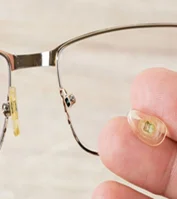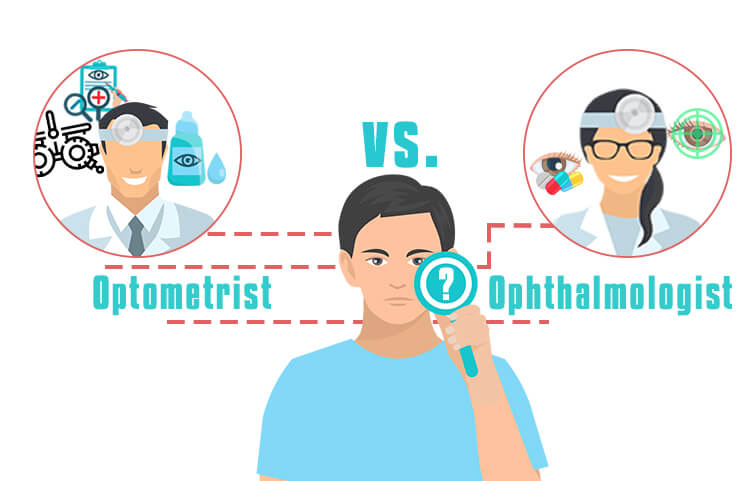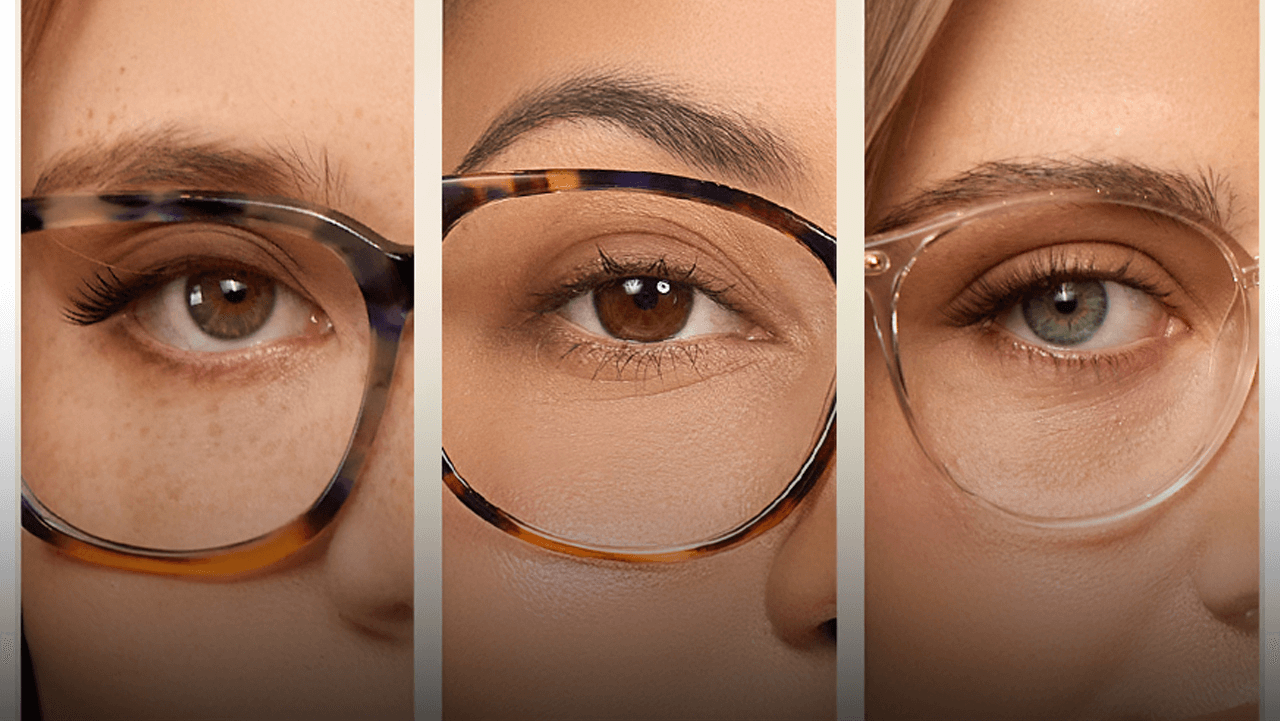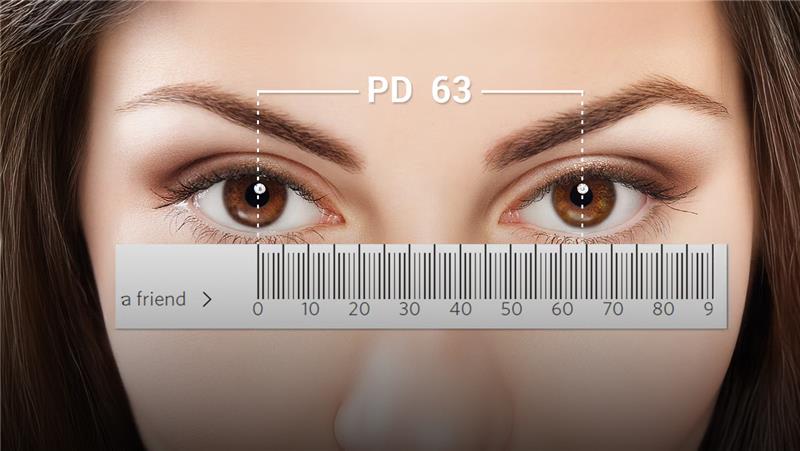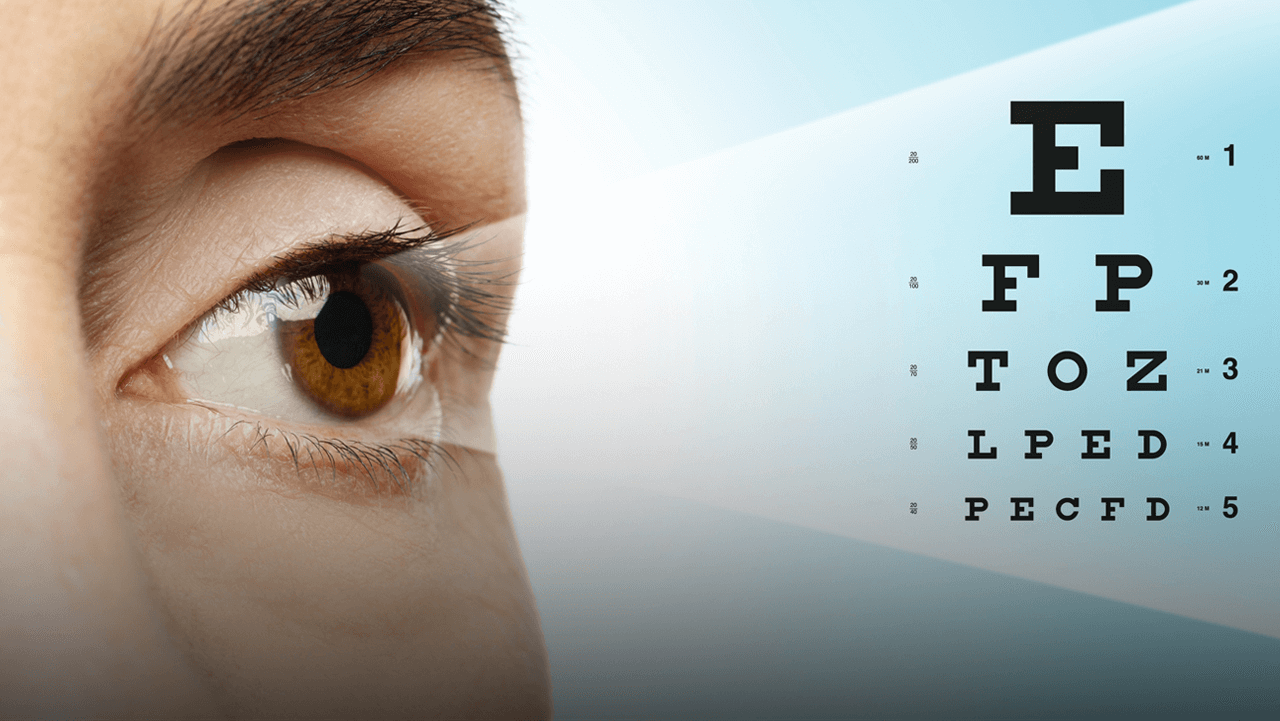The two main types of eye doctors are ophthalmologists and optometrists. Uncertain about who performs what and which is which? Here are some differences between them.
An Ophthalmologist
A medical professional with expertise in surgical eye treatments is called an ophthalmologist.
Degree of Education
Before starting an ophthalmology residency course, all ophthalmologists must finish their entire medical education. It can take an extra four to seven years to finish an ophthalmology residency program, depending on the curriculum and school. The course of study includes additional training in the following areas: subspecialties of eye disorders; diagnosis and treatment of both external and internal eye problems; and ocular surgery training for all kinds of eye conditions. The hands-on care of patients during ophthalmology residency training entails carrying out surgical operations under supervision. Typically, the course of study comes after a full-year internship.
Services
An ophthalmologist is a healthcare provider who performs surgery or other operations to treat complex eye conditions. Medical school is attended by ophthalmologists. Following that, they have a three-year residency followed by a one-year internship. A one- to two-year fellowship may come after that.
Complete optical services are provided by these optometrists:
- Medical eye treatment for ailments including iritis, glaucoma, and chemical burns;
- Surgical eye care for disorders like trauma, crossed eyes (Strabismus), glaucoma, cataracts, and other issues;
- The identification and management of ocular disorders associated with other medical problems, such as diabetes or arthritis;
- Plastic surgery to elevate drooping eyelids and eliminate wrinkles;
Ophthalmology comprises multiple subspecialties. Among them are:
- Optometry for children. These physicians treat pediatric eye conditions. They can operate on children with cataracts or crossed eyes. They can cure, among other things, inflammation that can result in vision loss and retinal problems that arise from premature birth.
- Optometry with neurology. This kind of physician treats conditions with the eyes that result from optic nerve disorders. These can include migraines, eyelid spasms, drooping eyes, and uncontrollable blinking.
- Oncology of the eyes. These medical professionals identify and manage malignancies of the eye, eyelid, and eye socket.
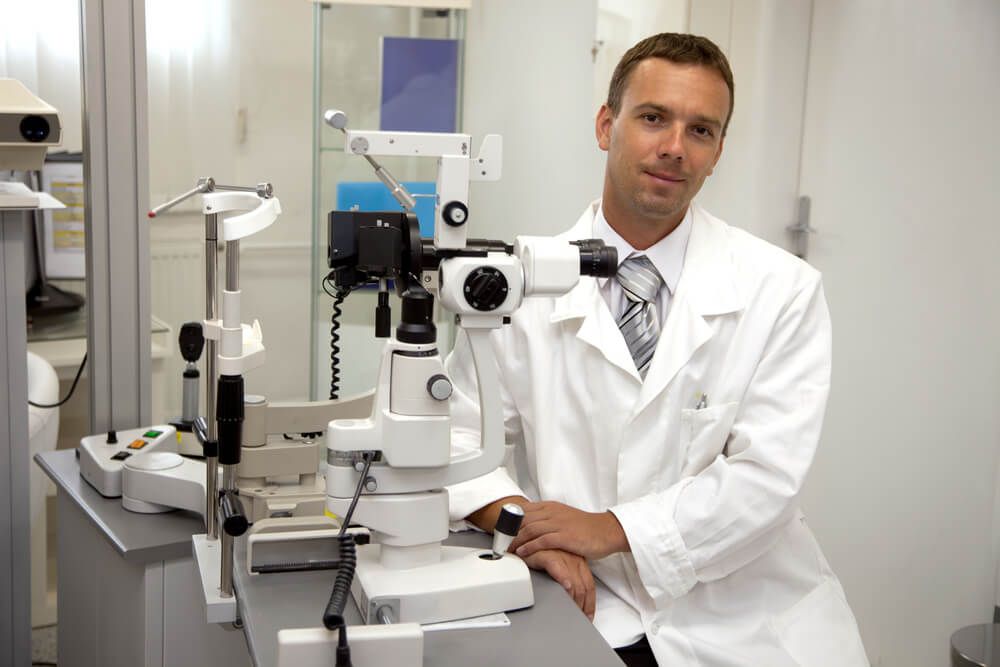
An Optometrist
For normal eye care, an optometrist is the initial healthcare practitioner.
Education level:
Based on the school and curriculum, an optometry degree is a postgraduate course of study that takes about 4 years to finish.
- Fundamental and complex eye examination techniques,
- Client case histories and case studies are all included in the curriculum.
- Extra classes in pharmacology and the natural sciences, including optics
During the last one to two years of the school, residents in the optometry program receive entirely clinical experience as part of their study.
Services
Primary eye healthcare and routine vision care are the areas of expertise for optometrists. They complete a four-year professional program after graduating from college to earn a doctorate in optometry. However, they do not attend medical school. Following optometry school, some optometrists pursue further clinical training or a specialist fellowship. They carry out eye tests.
- Offer low-vision aid and vision therapy.
- Conduct visual exams and vision tests.
- Prescribe and adjust Randi Jackson's Prescription Glasses and contact lenses. Keep an eye on issues associated with diabetes.
- Treat and cure disorders like dry eye and glaucoma.
Optometrists are divided into specializations. They consist of:
- Pediatric eye care. Using specialized tools, these healthcare professionals assess the vision of infants, toddlers, and children.
- Neuro-optometry. This is the kind of optometrist you can visit if you have visual issues brought on by a brain injury.
- Reduced-vision optometry. Low-vision optometrists provide tools and techniques to enhance your quality of life if you have low vision, which is defined as not being able to see well enough to carry out daily tasks and not being able to correct your sight with medication, surgery, or glasses or contact lenses.
Do they Carry Out Surgical Procedures?
Eye surgery can be performed by either an optometrist or an ophthalmologist, depending on the state's regulations regarding the scope of practice. On the other hand, ophthalmologists are educated to do any surgical treatment, whereas optometrists are restricted in the surgeries they may conduct.
Optometrist Versus Ophthalmologist
For eye treatment, you can visit both an ophthalmologist and an optometrist.
Your optometrist can prescribe glasses or contact lenses and perform routine eye exams. During your examination, your optometrist may notice indications of a more serious eye condition, such as cataracts. If you require medication or surgery to deal with an eye disease, they will recommend you to an ophthalmologist. If you would rather see an ophthalmologist, they can also provide eye tests and vision correction.
An Optician
A customer service agent who works at an optometrist's office or vision care centre is known as an optician.
Degree of Education
Compared to training in optometry or ophthalmology, optician training is far less formal. A formal degree is not always required of an optician. After finishing a one- to two-year curriculum, like an associate's program in ophthalmic dispensing, an optician can obtain certification. An optometrist or ophthalmologist may offer an internal apprenticeship program for opticians to earn certification.
Services
- At your neighbourhood vision care facility or your optometrist's office, opticians serve customers.
- Schedule an appointment with an optician for routine maintenance, adjustments, and contact lens refills.
- Opticians can also respond to inquiries about general eye care, although they are unable to examine or diagnose the eyes.
Optometrists and ophthalmologists render the following services:
- Fitting, measuring, and modifying Fossil eyeglass frames;
- Assisting clients in selecting frames, contact lenses, and various vision accessories;
- Taking care of general office tasks as a member of an optometry office team
- Opticians are not permitted to conduct eye exams, diagnose disorders affecting the eyes, or treat eye diseases, in contrast to optometrists and ophthalmologists.
Which Ophthalmologist to Select?
The majority of people pick an optometrist for regular vision checks and contact lens fittings. As a result, ODs write the majority of prescriptions for contact lenses and eyeglasses.
- The main providers of eye care are ODs. Optometrists are trained largely to provide routine care for the eyes and eyesight. The majority of people don't require the specialist medical attention or eye surgery that an ophthalmologist offers.
- There are more ODs. Optometrists outnumber ophthalmologists in the population. In the US, there were roughly 18,000 ophthalmologists and 46,000 optometrists in 2020.
- Greater accessibility to ODs. Geographically, optometrists are increasingly dispersed. The majority of ophthalmologists are found in areas with sizable populations.
- Price. Medical insurance and vision insurance cover most, if not all, of the services rendered by ophthalmologists and optometrists. An optometrist's standard eye exam typically costs less than an ophthalmologist's eye exam without insurance.
How to Pick a Practitioner of Ophthalmology?
Opticians, ophthalmologists, and optometrists play different responsibilities in the provision of eye care. You might not know which professional is best for your needs. A smart place to start if you're experiencing vision problems and believe you might benefit from contacts or glasses is an optometrist.
Whenever you visit an optometrist, make sure you receive a thorough eye exam. If there is a problem, they will recommend that you see an ophthalmologist for additional evaluation and treatment if necessary. If you need surgery for an eye problem or have particular conditions relating to your eyes or general health, it's an excellent decision to contact an ophthalmologist.
For instance, a person who is generally in good eye health might see an optometrist for routine eye exams, but someone who may be in danger of severe eye conditions, such as detached retina, might benefit most from routine care from an ophthalmologist who specializes in retinal conditions in addition to general eye care. Expect the same level of care from an ophthalmologist or optometrist as you would from any other medical professional. The goods and services that your health coverage pays for should also be known to you.
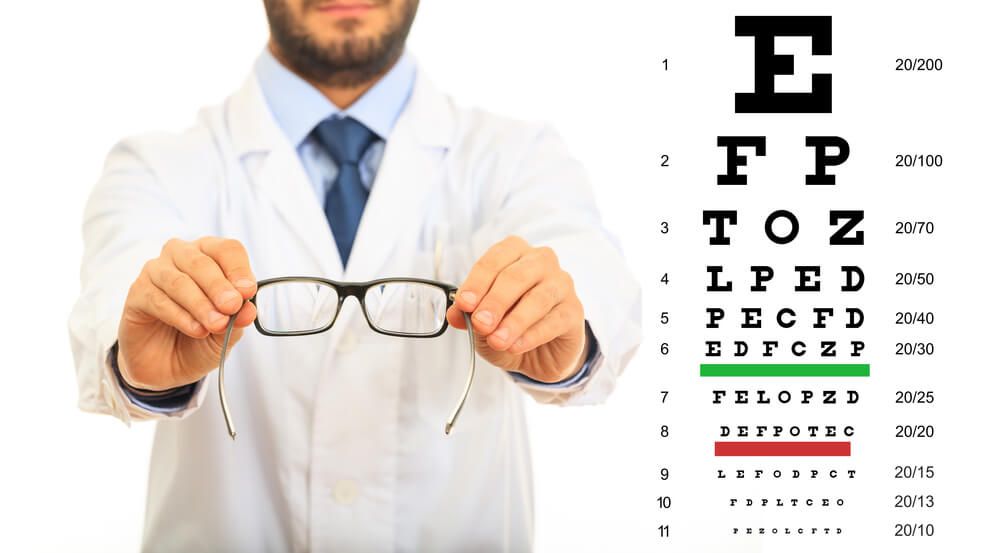
Reduce Vision Risk. Visit the Appropriate Eye Care Specialist at the Appropriate Time
More often than not, we are all dependent on our vision. Working, playing, driving, and even just being able to identify faces can all be severely impacted by poor vision. Numerous factors, such as other medical conditions like diabetes or high blood pressure, might have an impact on our vision. You may be more likely to get eye illness yourself if you have family members who do. A sickness that steals vision can manifest itself at any moment. They are frequently difficult to identify and first undetectable. Since an ophthalmologist will be performing a thorough medical eye exam by the time you are 40, you should schedule these visits as often as directed by eye health.
Here are a few indicators or danger signs for eye disease.
Make sure to see an ophthalmologist if you experience any of these symptoms. An Eye M.D.'s comprehensive medical eye examination could be an initial approach toward protecting your vision.
- Intense pain in the eyes;
- A dark drape or veil obstructing your view;
- Temporary reduction in vision;
- Eyelid abnormalities;
- Diabetes mellitus;
- Excess tears;
- Double vision;
- Distorted vision;
- Family history of eye problems;
- Halo, or coloured rings encircling lights;
- Diabetic state;
- Hypertension;
- Damage to the eyes;
- Eye pain;
- Loss of peripheral (side) vision;
- Misaligned eyes;
- New floaters, or black "strings" or dots in the vision;
- Graves' disease, an eye condition linked to thyroid disorders;
- Abnormal red eye.
Summary
Understanding the distinctions between an ophthalmologist and an optometrist is crucial when searching for an "eye doctor." An optometrist offers high-quality eye care that is concerned with your eyesight, eye wellness, and any modifications that might point to a more serious medical condition.
For more advanced eye diagnoses and treatments, such as eye surgery, you will usually consult an ophthalmologist. Numerous people work as specialists in fields like neurology. Despite not having medical training, opticians play a crucial role in the eye health team, and ensuring that your reading or prescription glasses yield the best possible outcomes is their main concern.















